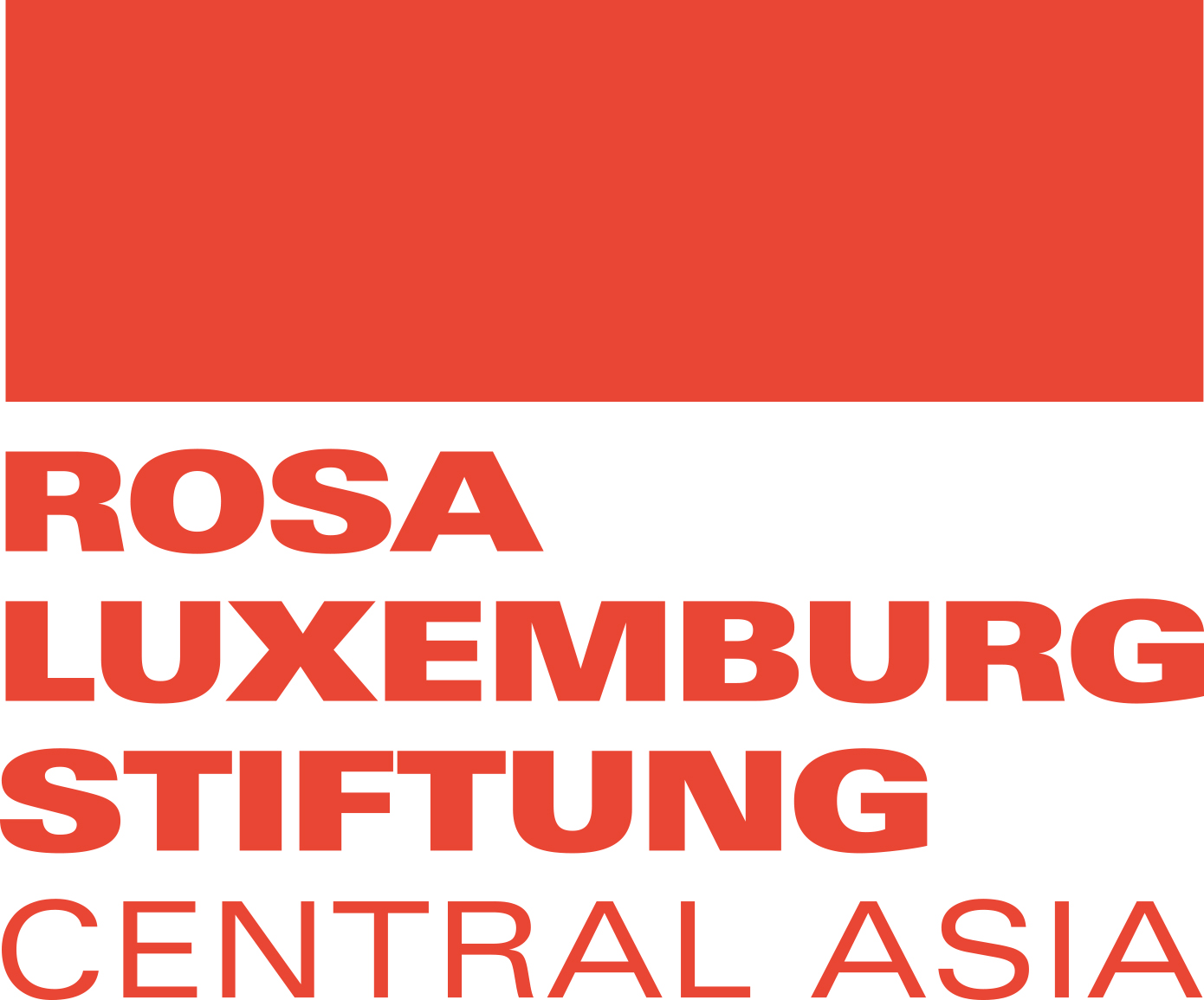November 2019
Photo exhibition 'Space Culture' (Almaty, RLS office, 28 November 2019)
Kazakhstan, Germany
RLS Representative Office in Central Asia
RLS Representative Office in Central Asia

Since the dawn of time people have been fascinated by the idea of traveling to the stars. In the Soviet Union and other socialist states, the idea of exploring space was connected to the utopia of building a better society through progress. It found its way into everyday life, works of architecture, the visual arts and cinematography, into scientific and broader educational programmes.
In many ways, the designs and symbols associated with space travel also found their way into popular culture in these countries. Often spurned as propaganda by the West, they influenced the design of mass-produced consumer goods and public art works in the USSR and found an aesthetic expression in everyday life there.
Dr. Dieter Seitz (photographies) and Prof. Markus Kaiser (essays) developed the project of a photobook showing the results of in-depth research and extensive travels through seven countries. Its prime focus is the impact of space exploration on everyday life in its pioneering age between the late 1950s and the 1980s and the persistence of related concepts and utopian ideas in today’s society. Told as a visual story, it combines artistic and documentary photography, portraits of contemporary witnesses, landscape snapshots, and historical documents.
The photo exhibition “Cosmic Culture” conceived by Dr. Dieter Seitz presents a selection of these photos.
Kazakhstan, Kyrgyzstan and Uzbekistan are also as independent countries involved in international space travel. Baikonur and Baiterek are known not only in Kazakhstan. In Bishkek, a group of young women is building the first Kyrgyz CubeSat satellite. The efforts to build this satellite are embedded in the Kyrgyz Cosmic Programme initiated by Kloop Media in 2018 as an education and anti-discrimination project for young Kyrgyz women.
In many ways, the designs and symbols associated with space travel also found their way into popular culture in these countries. Often spurned as propaganda by the West, they influenced the design of mass-produced consumer goods and public art works in the USSR and found an aesthetic expression in everyday life there.
Dr. Dieter Seitz (photographies) and Prof. Markus Kaiser (essays) developed the project of a photobook showing the results of in-depth research and extensive travels through seven countries. Its prime focus is the impact of space exploration on everyday life in its pioneering age between the late 1950s and the 1980s and the persistence of related concepts and utopian ideas in today’s society. Told as a visual story, it combines artistic and documentary photography, portraits of contemporary witnesses, landscape snapshots, and historical documents.
The photo exhibition “Cosmic Culture” conceived by Dr. Dieter Seitz presents a selection of these photos.
Kazakhstan, Kyrgyzstan and Uzbekistan are also as independent countries involved in international space travel. Baikonur and Baiterek are known not only in Kazakhstan. In Bishkek, a group of young women is building the first Kyrgyz CubeSat satellite. The efforts to build this satellite are embedded in the Kyrgyz Cosmic Programme initiated by Kloop Media in 2018 as an education and anti-discrimination project for young Kyrgyz women.
















